HTS appoints Mohammed al-Bashir as Syria's caretaker prime minister
The HTS militant group has appointed Mohammed al-Bashir as the caretaker prime minister of the transitional Syrian government until March 1, 2025.
Bashir, who has been tasked with forming a transitional government, has close ties to the HTS and headed their so-called Syrian Salvation Government (SSG) in Idlib.
He announced his appointment in a televised statement on Tuesday.
The HTS leader Abu Mohammed al-Julani earlier met outgoing Prime Minister Mohammed al-Jalali on Monday to discuss the transition. Jalali, who served under former President Bashar al-Assad, agreed to transfer power to the SSG.
“We are working to ensure the transitional period is quick and smooth,” Jalali was quoted as saying.
Armed groups, led by the HTS, a former al-Qaeda affiliate, announced on December 8 that they had fully captured the Syrian capital and confirmed the fall of the Assad government.
Various foreign-backed militant groups operating across Syria are now in talks to take formal control of the Arab country.
Geir Pedersen, United Nations special envoy to Syria, called for a transition process that ensures the continuity of Syria’s institutions and allows its people to “chart the path to meeting their legitimate aspirations … and restore a unified Syria”.
The United States and Britain are also mulling the removal of the HTS from their terror list after the former offshoot of al-Qaeda overthrew the Syrian government.
But the Syrian people are concerned that a fragmented coalition of armed groups could ignite intense political jockeying and cause chaos by targeting religious minorities, political opponents and personnel from former government.
Julani on Tuesday vowed to pursue former senior government officials who had been responsible for curbing militancy across the country over the past years.
Massive displacements and internal and external security challenges are of the main concerns.
According to a UNHCR report, security situation in Aleppo, Idlib, Hama, Homs, and Damascus remains fluid amid overlapping population movements.
Taking advantage of instability in Syria, Israel is pressing ahead with its aggression, targeting multiple army positions across the Arab nation.
The Israeli military says it has struck facilities that allegedly were stockpiling long-range missiles and rockets. Also reports suggest that weapons depots, navy vessels and a research center have been destroyed.
In Latakia, a navy vessel equipped with machine guns and rocket launchers was seen half sunken in the water.
Israel has also sent troops into a buffer zone east of the occupied Golan Heights, but the regime denies advancing towards Damascus, insisting that its forces were stationed within the zone.
More than 300 Israeli strikes have been reported since the fall of the government in Syria.
IRGC pounds bases of anti-Iran terrorist groups in Iraqi Kurdistan
Iran’s Fattah 2 hypersonic missile nearly impossible to intercept: Report
Another girls’ school targeted in US-Israeli attacks on Iran
IRGC says dismantled US radar in Qatar, attacked destroyer in Indian Ocean
Modi's Israel visit shows morality no longer guides India's foreign policy: Journalist
Iran to hold massive public funeral for 'Martyr Leader' Imam Khamenei
FM Araghchi: Trump betrayed diplomacy, Americans by attacking Iran
CIA turns to Kurdish militants to destabilize Iran after war failures: Report


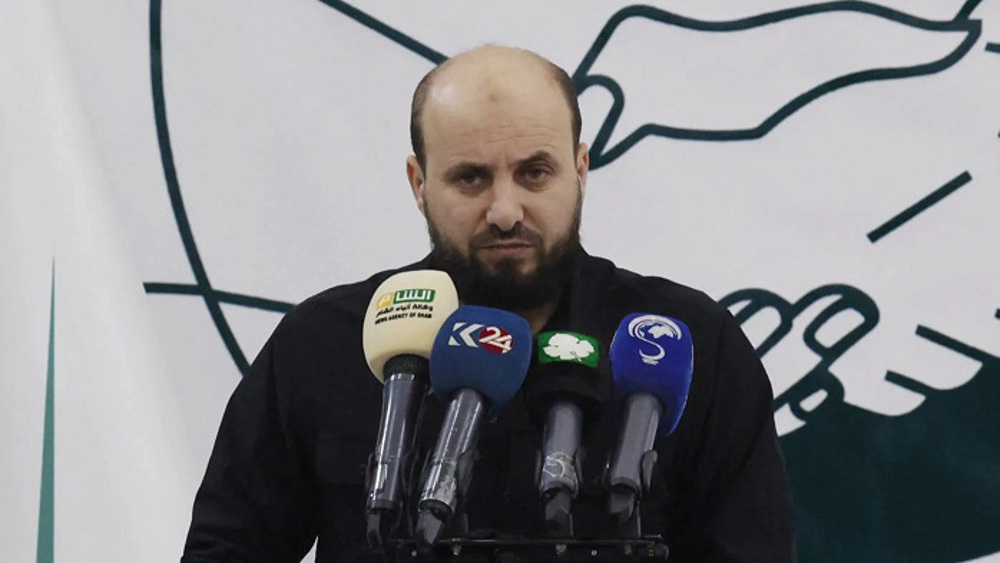
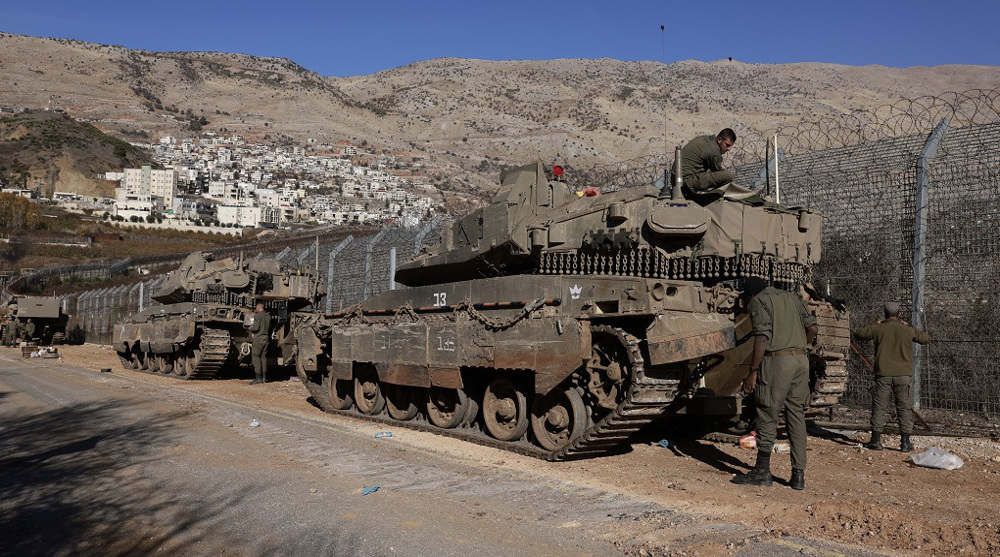
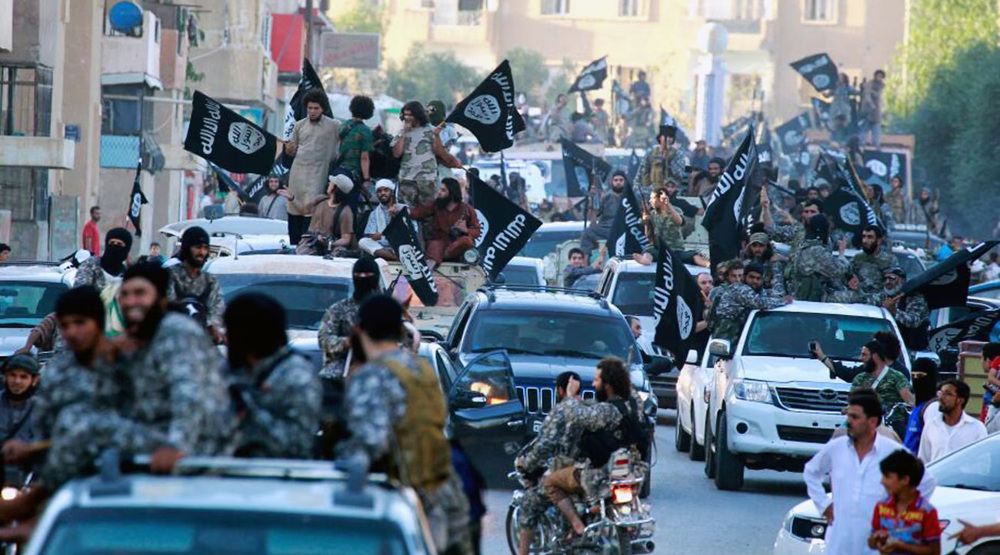
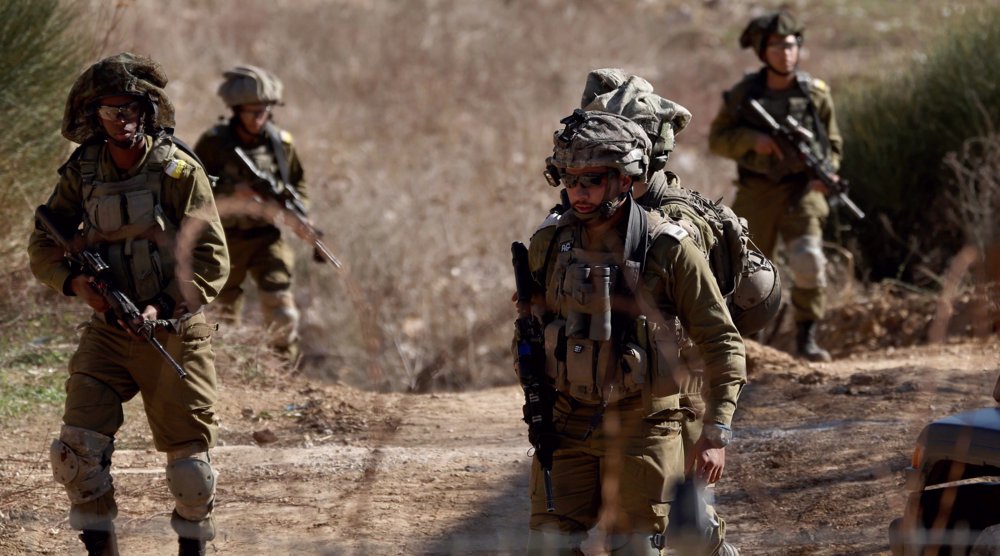






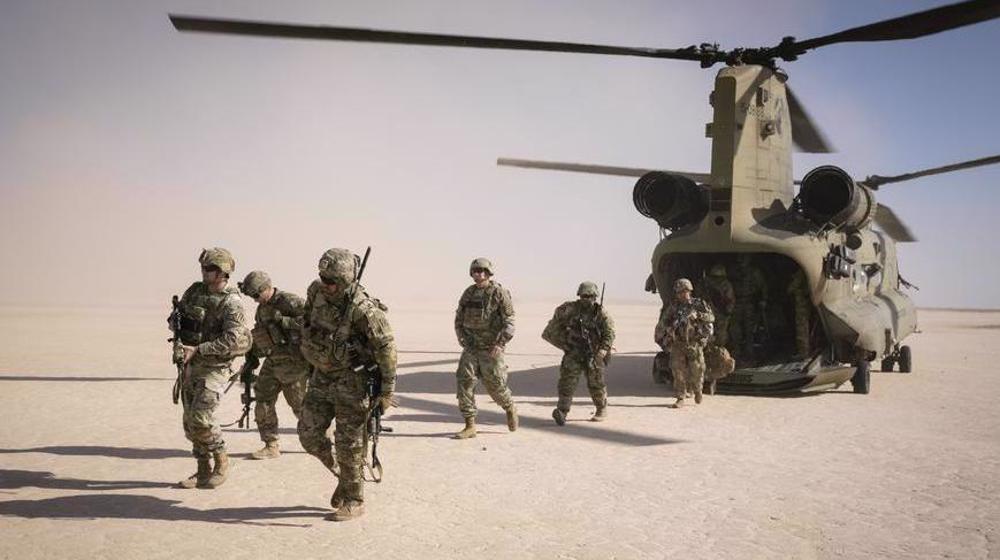
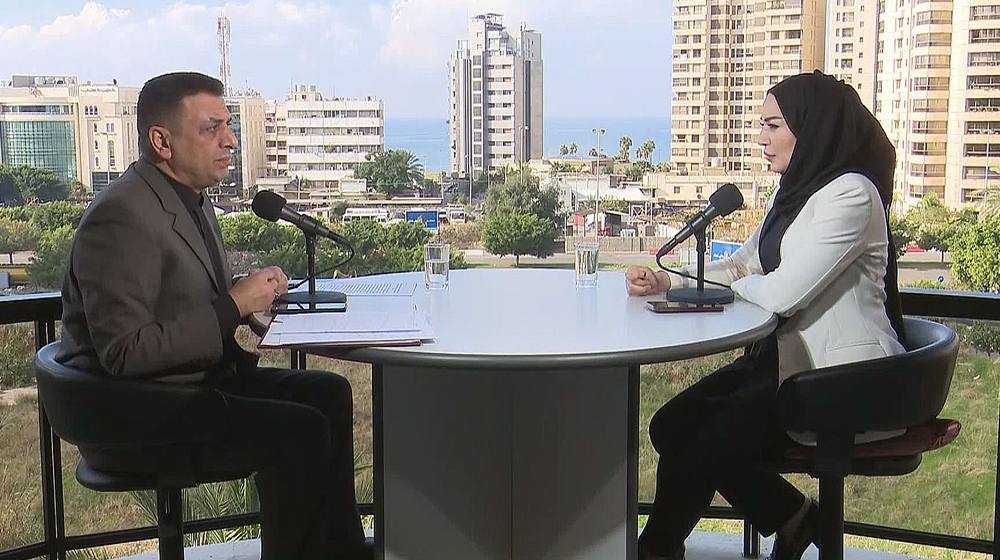
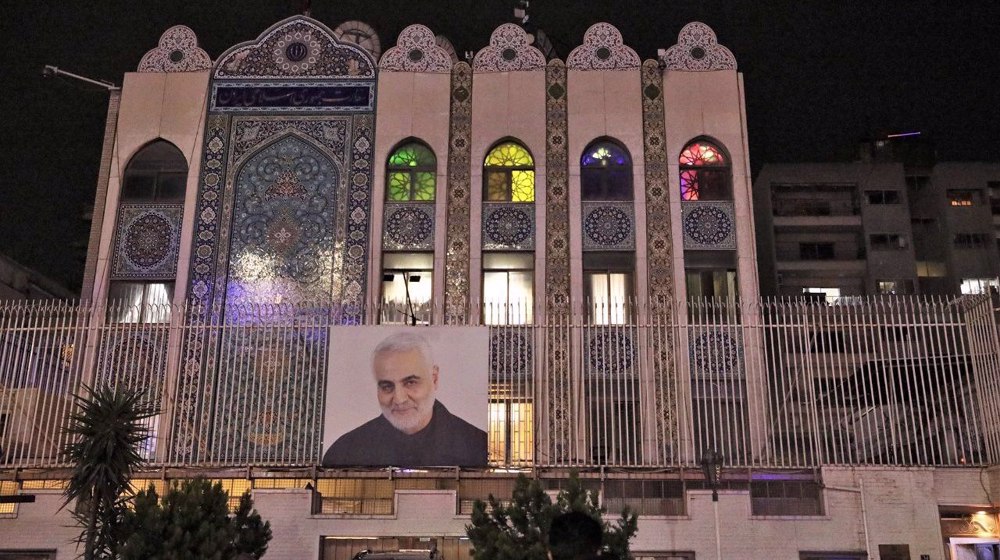
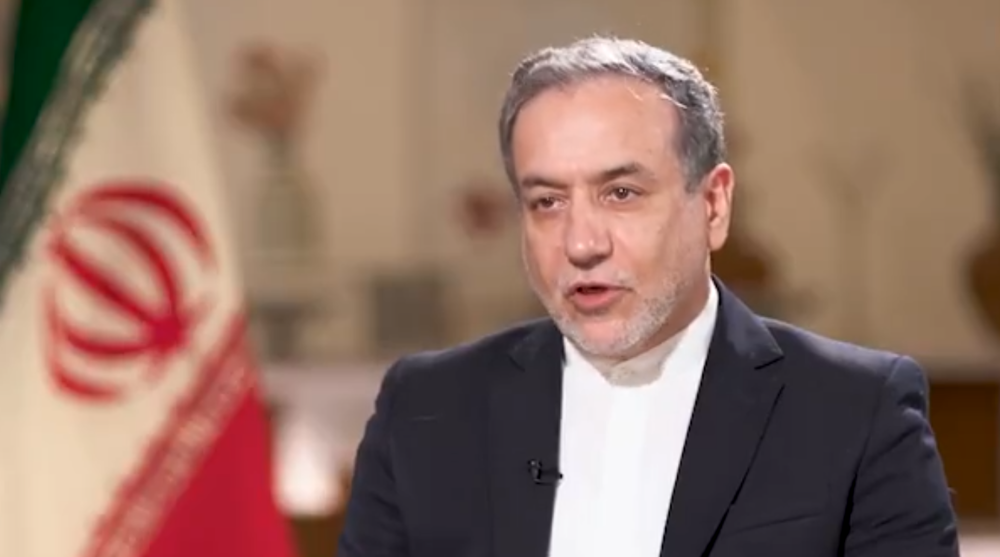
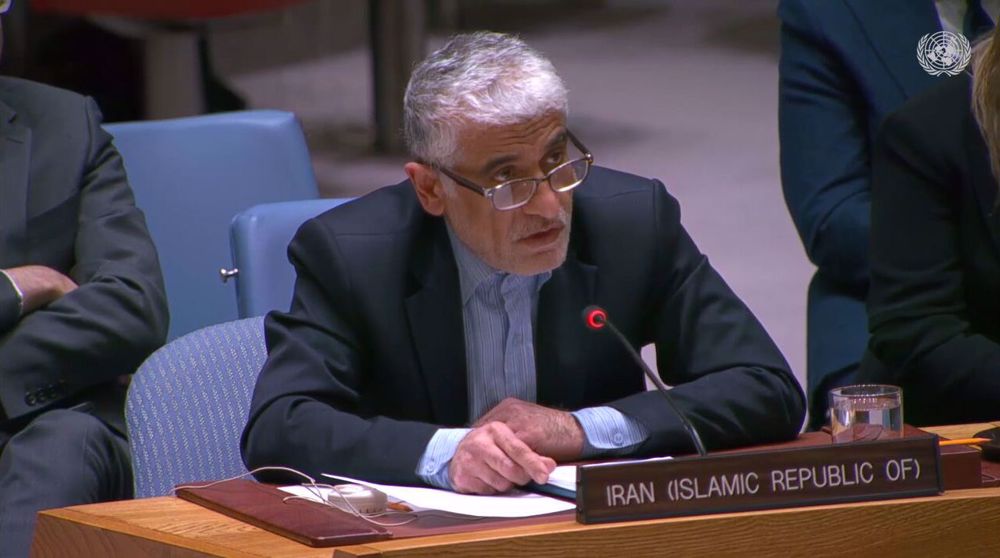

 This makes it easy to access the Press TV website
This makes it easy to access the Press TV website